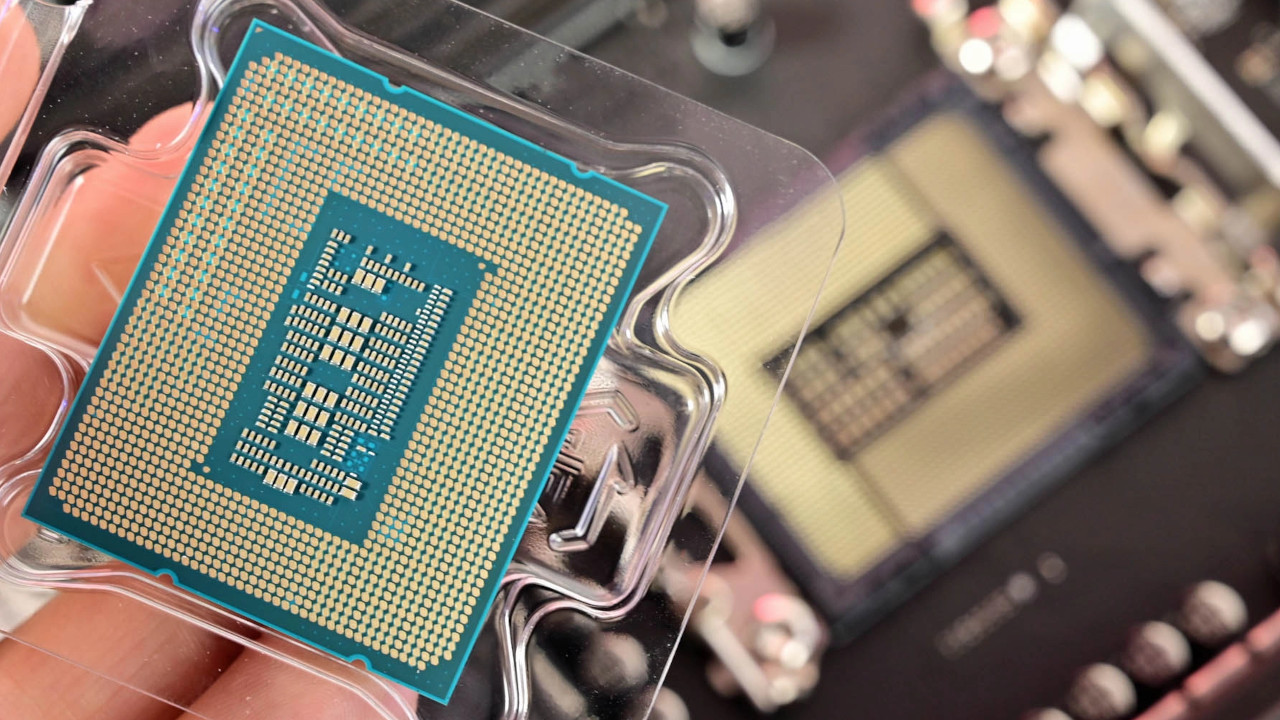Chips and Science act passes US Senate, moving one step closer to granting $52 billion to chipmakers
The U.S. Senate just passed a massive bipartisan bill aimed at spurring domestic manufacturing of chips.

All the latest news, reviews, and guides for Windows and Xbox diehards.
You are now subscribed
Your newsletter sign-up was successful
What you need to know
- The United States Senate just passed the Chips and Science act, which would provide around $52 billion to semiconductor manufacturers in the country.
- The bill now has to go through the House of Representatives and then be signed by President Joe Biden, both of which are expected to happen.
- The goal of the funding is to promote the domestic making of chips to compete with manufacturing in Asia.
The United States Senate passed the Chips and Science act on Wednesday, July 27, 2022. The legislation will provide $52 billion in subsidies and tax credits for semiconductor production in the U.S. if it is signed into law. The bill passed through the Senate with a bipartisan 64 to 33 vote. It must now go through the House of Representatives, which is expected to vote in favor of the legislation. President Joe Biden would then sign the law into effect (via Reuters).
The Chips and Science act has been in the works since last year. An earlier version of the bill passed the Senate in June 2021 but did not make it through the House. It has since been trimmed down and separated from other spending proposals. Senators on both sides of the aisle pushed the legislation forward, as did President Biden.
The $52 billion in funding includes $39 billion to subsidize companies building facilities for manufacturing semiconductors and over $10 billion for semiconductor research.
In addition to the $52 billion in subsidies and tax credits for developing and making chips, the bill will allocate more than $170 billion to scientific research.
Semiconductors are used in a wide range of devices, including computers, servers, home electronics, and vehicles. President Biden and other supporters of the bill framed the Chips and Science act as a national security issue, highlighting that military equipment requires semiconductors.
The bill will also help the United States compete with other countries when it comes to making chips.
"As Americans are worried about the state of the economy and the cost of living, the CHIPS bill is one answer: it will accelerate the manufacturing of semiconductors in America, lowering prices on everything from cars to dishwashers," said President Biden after the Senate passed the bill.
All the latest news, reviews, and guides for Windows and Xbox diehards.
Intel and other chipmakers have come out in support of the bill. "American businesses in every sector across the economy are facing a semiconductor shortage," argued Intel CEO Pat Gelsinger in a March hearing in Washington DC. "And the only way to alleviate the current supply-demand imbalance long term is to increase manufacturing capacity by funding and implementing the CHIPS Act.”
Intel announced plans for the "largest silicon manufacturing location on the planet" earlier this year.
While the Chips and Science act received bipartisan support, Democratic Senator Bernie Sanders voted against it. He claimed that the legislation was a "blank check" to chip manufacturers.
The House of Representatives is expected to vote on the bill on Thursday, July 28, 2022. President Joe Biden would then sign it into effect next week if it passes.

Sean Endicott is a news writer and apps editor for Windows Central with 11+ years of experience. A Nottingham Trent journalism graduate, Sean has covered the industry’s arc from the Lumia era to the launch of Windows 11 and generative AI. Having started at Thrifter, he uses his expertise in price tracking to help readers find genuine hardware value.
Beyond tech news, Sean is a UK sports media pioneer. In 2017, he became one of the first to stream via smartphone and is an expert in AP Capture systems. A tech-forward coach, he was named 2024 BAFA Youth Coach of the Year. He is focused on using technology—from AI to Clipchamp—to gain a practical edge.

